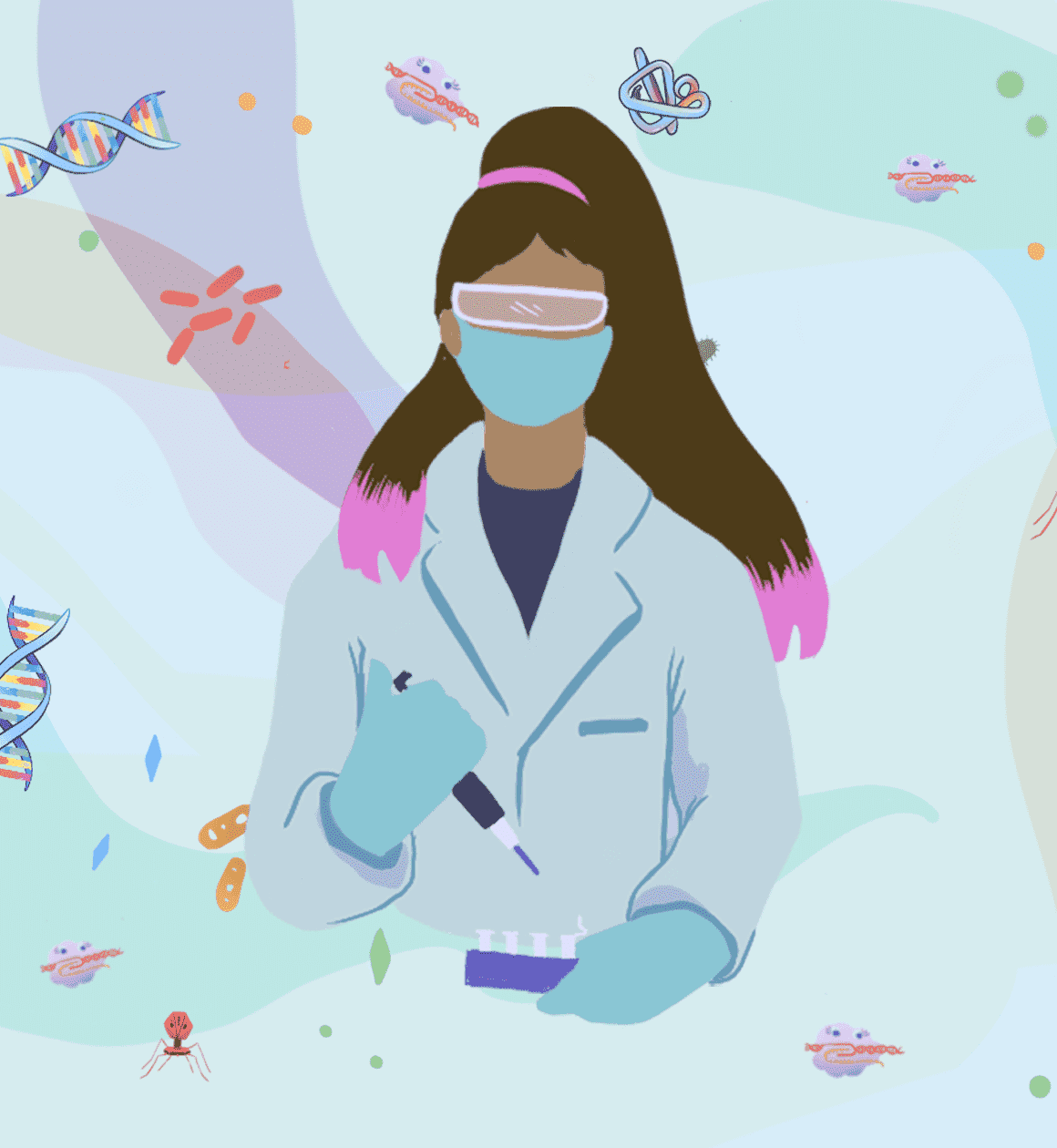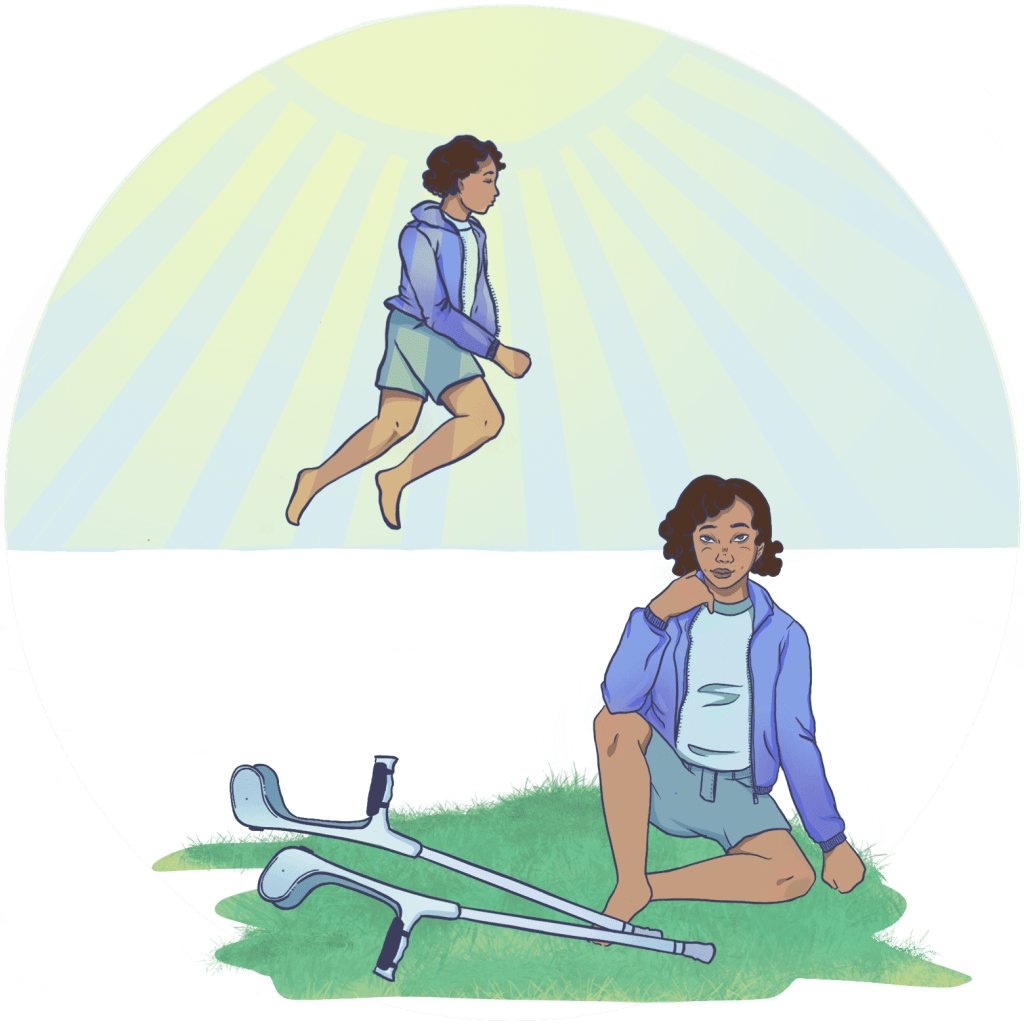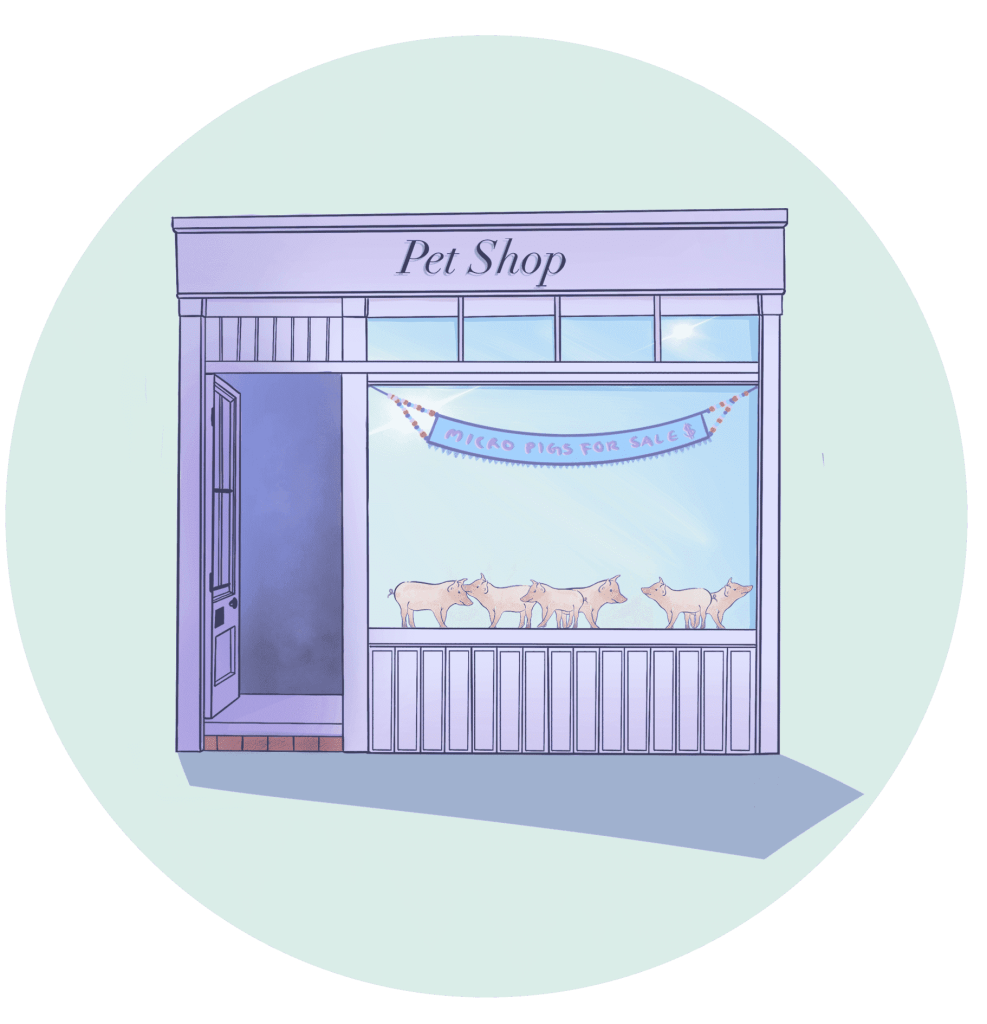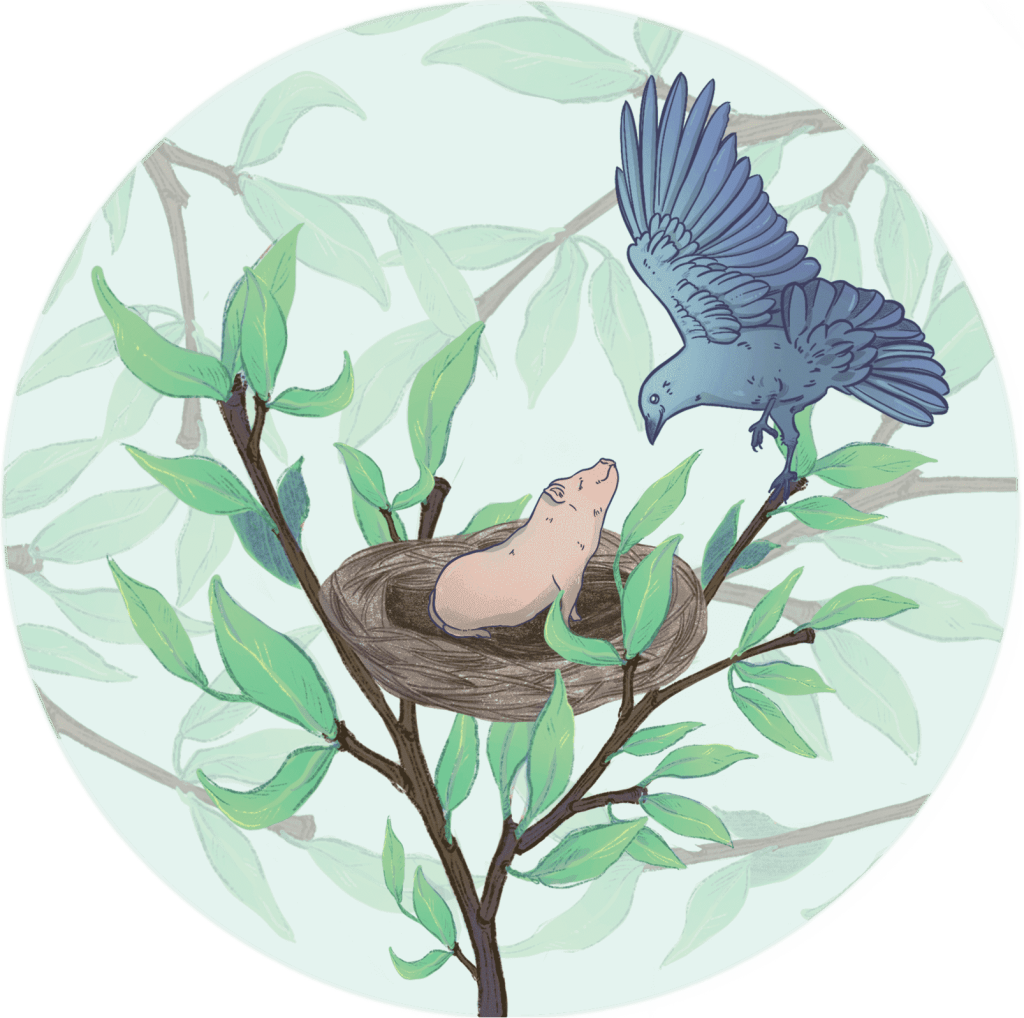When Should We Use CRISPR?
Writing & Creative Direction
Hope Henderson holds a B.A. in Biology from Brown University and a Ph.D. in Molecular & Cell Biology from the University of California, Berkeley. She joined the IGI in 2019 to work in science communication. In addition to serving as IGI’s main writer, she plans content strategy and manages IGI’s social media, illustration, and translation.
Illustrator
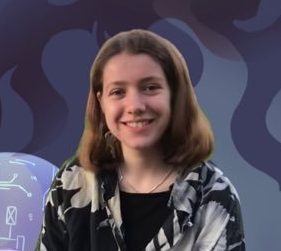
Philippa Steinberg
Science Illustrator
Philippa Steinberg grew up in Hamburg, Germany. She found her passion for drawing in her early teens and began to self-teach, inspired by an online art community. Now she is an undergraduate studying integrative biology at the University of California, Berkeley. Her goal is to make science more accessible through art.
SHARE PAGE
